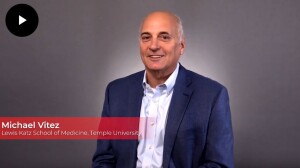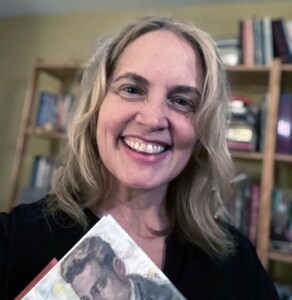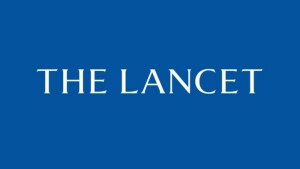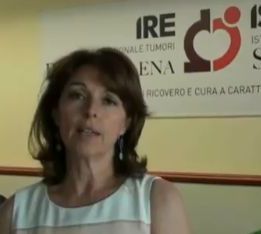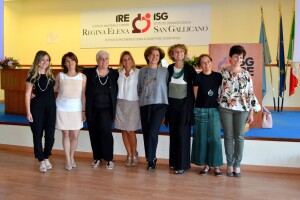‘Pushed into humanity’: can learning about storytelling make better doctors?
 Narrative medicine encourages doctors to engage more deeply with patients by listening to their stories
Narrative medicine encourages doctors to engage more deeply with patients by listening to their stories
The Melbourne general practitioner Mariam Tokhi knows exactly what her friend and colleague the senior paediatric emergency physician Fiona Reilly means when she speaks of her “back pocket full of ghosts”.
Reilly is talking about those haunting memories all medical doctors harbour about their interactions with patients who are sometimes labelled “difficult” or for whom things didn’t go as they should or could have. Some survived, perhaps even flourished. Others died. Read more →


